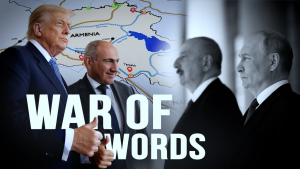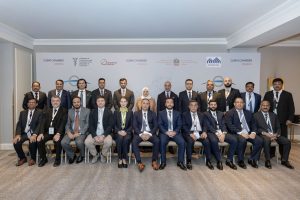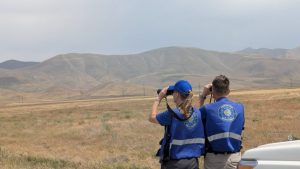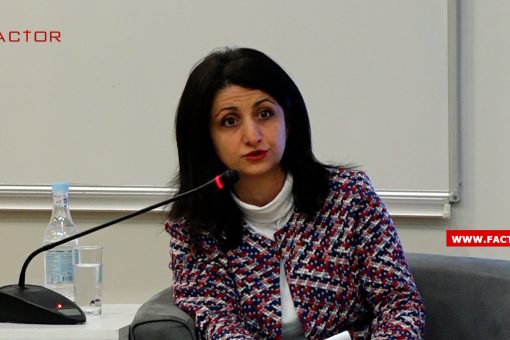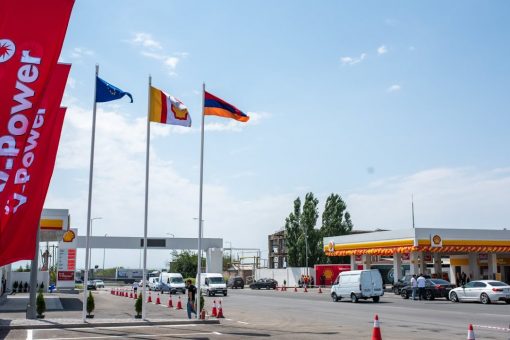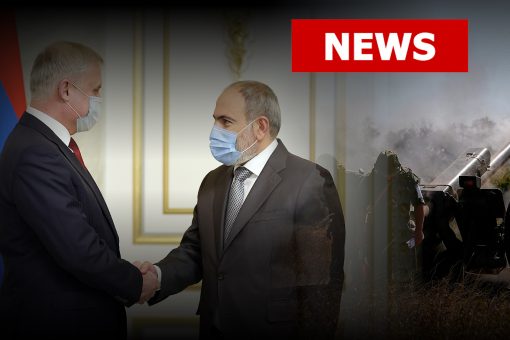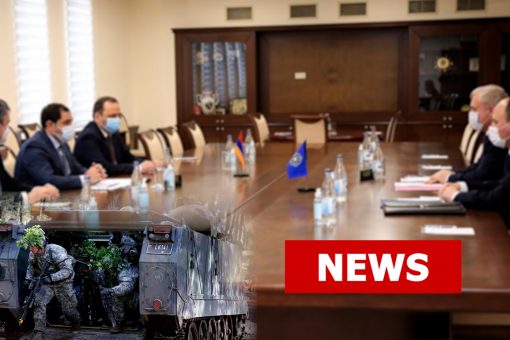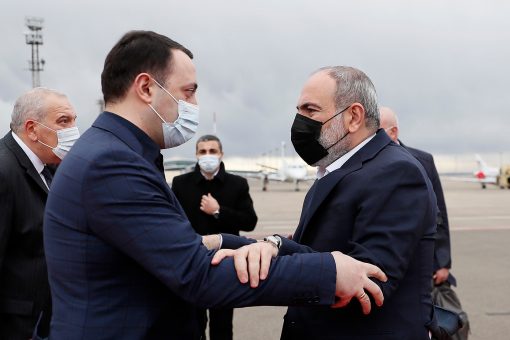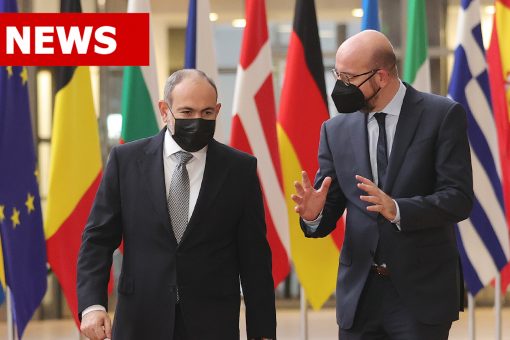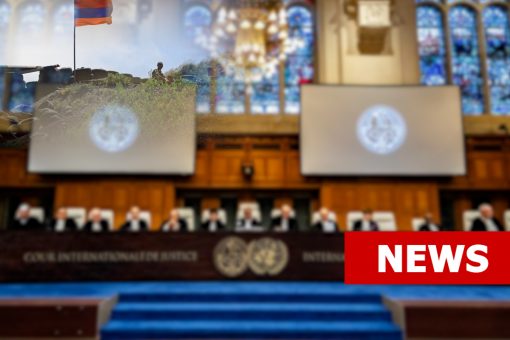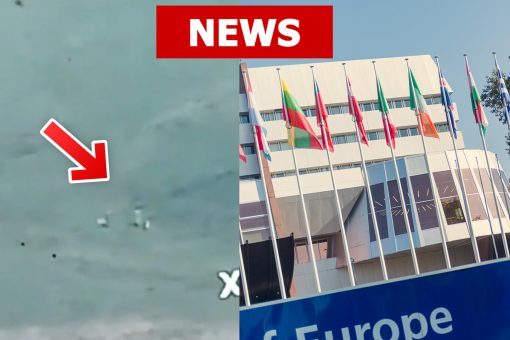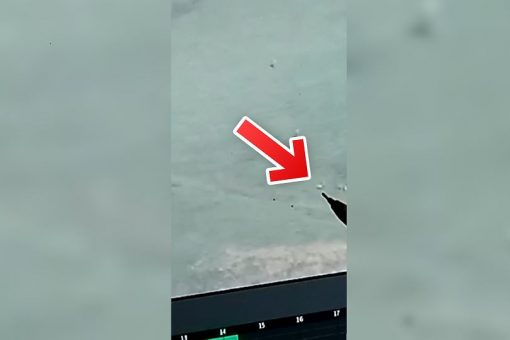“Navigating Gray Zones: Building Resilience in State and non-State Institutions in the Era of Hybrid Warfare”․ two-day workshop in Yerevan
POLITICS
30.10.2024 | 10:24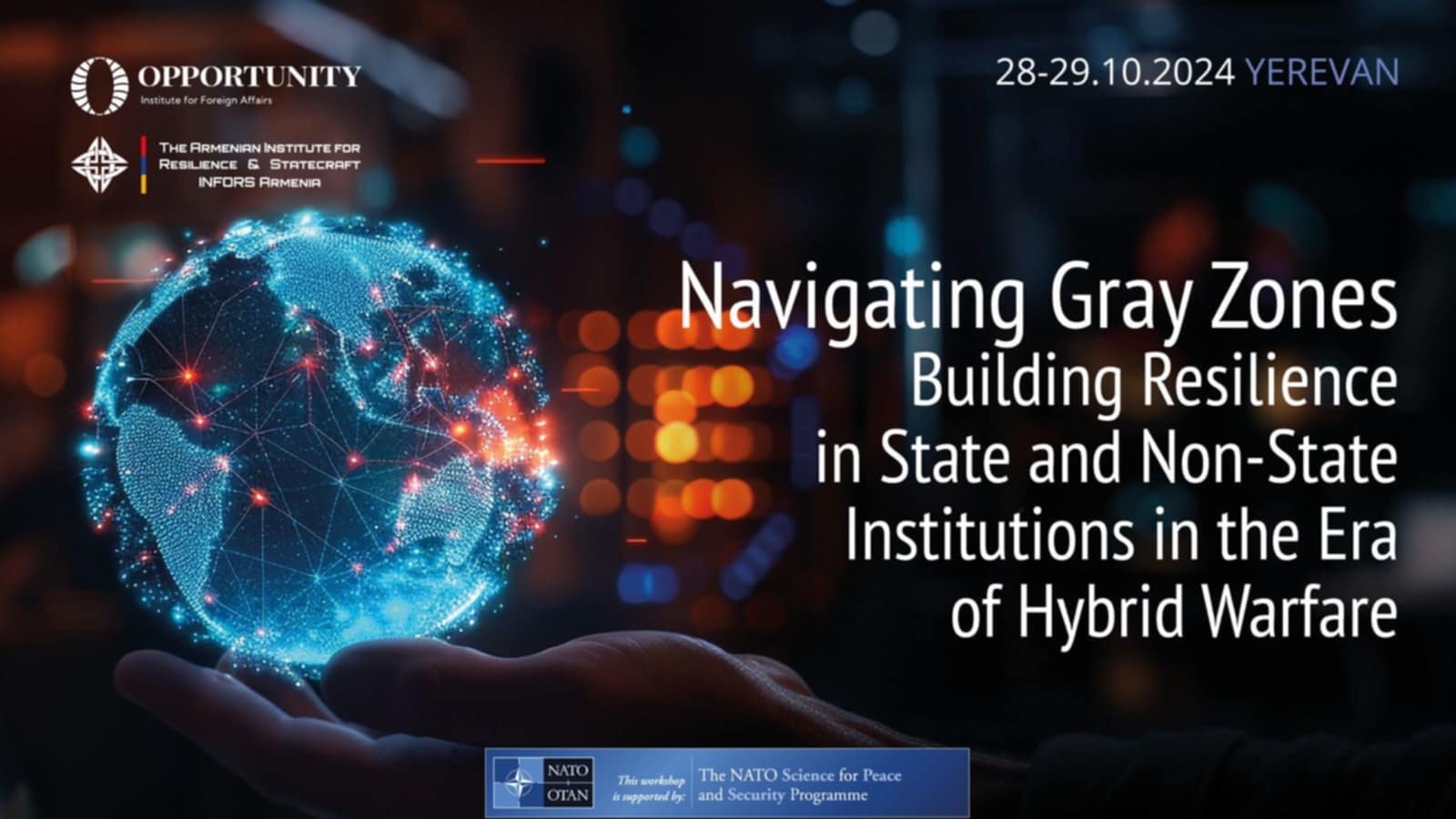
The Armenian Institute for Resilience & Statecraft and the Polish “The Opportunity”-Institute for Foreign Affairs, have officially launched a two-day workshop titled “Navigating Gray Zones: Building Resilience in State and non-State Institutions in the Era of Hybrid Warfare.”
Supported by NATO’s Science for Peace and Security (SPS) Program, this high-profile event brings together over 20 experts from Armenia, Switzerland, Germany, Georgia, Ukraine, Poland, Lithuania, Bulgaria, Romania, and the United States to tackle emerging challenges in hybrid warfare.
From the very beginning, the workshop focused on deepening our understanding of gray zones and hybrid threats. The discussions highlighted the need to effectively define the ambiguous nature of gray zones, identify the features of hybrid threats, and analyze the intersection between conventional and unconventional tactics.
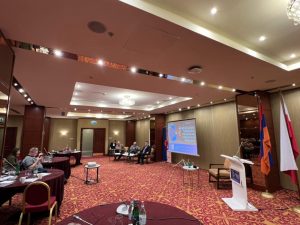
Discussions evolved around Hybrid Threats and Regional Stability Challenges by exploring the security implications of hybrid threats within Europe and other regions, including, the South Caucasus, and mainly, Armenia, emphasizing their impact on regional stability. Experts addressed the role and the impact of gray zone activities in shaping modern security dynamics and provided insights into the evolving nature of such threats.
Other discussions touched upon the hybrid warfare and democratic stability issues, examined how disinformation, propaganda, and weaponized narratives are utilized as tools in hybrid warfare. Panelists and other participants discussed the increasing proliferation of fake news and conspiracy theories, underlining the challenges and vulnerabilities democracies face in effectively responding to these tactics.
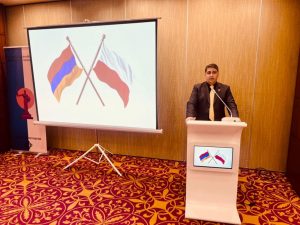
The workshop supported by NATO SPS Program serves as a platform to foster cooperation and strengthen partnerships between NATO member and partner states, such as Poland and Armenia. It aims to build resilience in State and non-State institutions by creating a shared understanding of hybrid threats and their global and regional implications. The knowledge produced, alongside the interactive discussions among experts, contributes to deepening the institutional and academic relations between Armenia and NATO.
This collaboration underscores the significance of joint efforts in countering hybrid challenges and ensuring security and stability.









